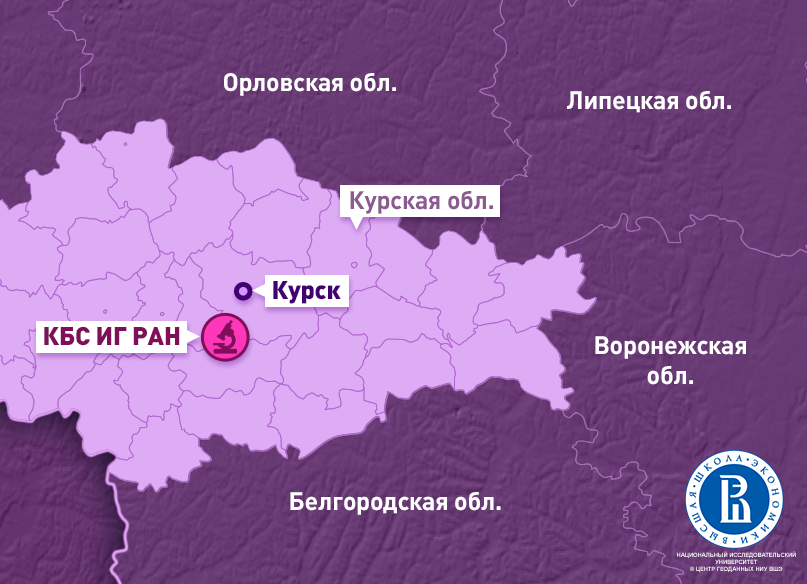‘We Know Where to Find Geoinformation and How to Work with It’

In October, the HSE Faculty of Geography and Geoinformation Technology launched the Geodata Centre. In addition to developing its own research and commercial projects, the Centre provides auxiliary educational services related to the collection and processing of spatial data, performs geographic analysis, captures video and photo using drones, and processes data received via remote probing of the Earth. Tatiana Aniskina, Head of the Centre, speaks about the importance of geodata.

Tatiana Aniskina
Geographic Information
The Geodata Centre is being launched at the HSE University Faculty of Geography and Geoinformation Technology to serve as a centralized storage solution and provide access to spatial data. We receive this data from partners and open sources as part of student and research projects. We know where to find geographic information and how to work with it, and we process data to make it compliant with the relevant quality standards. Moreover, our Geodata Centre offers consulting and professional services in the field of geoinformatics and remote probing of the Earth.
The Centre’s Objectives
The Centre will focus on the collection, processing, and classification of geodata, as well as provide access to such data to HSE students, employees, and users from outside the university.
In addition, our Centre is planning to implement various commercial and research projects related to geoanalytics, mapping, and remote probing of the Earth. One of our objectives will be to receive, process, and analyze videos taken by drones. Our Centre’s team has unique expertise in operational monitoring, decryption, spatial analysis, and the preparation of professional infographic reports with maps. And since we are willing to share this expertise, another objective for us will be to conduct training courses for our customers in the abovementioned areas.
The Centre’s Goals
One of our main goals is to create the HSE University Geodata Portal—a kind of showcase for the spatial data we have. You will be able to browse the catalogue of available data or download the elements you are interested in. The data collected and processed by the Centre’s team will be patented to become the intellectual property of HSE University.
Another important goal of ours is to live up to our customers’ expectations, and we are going to work hard on commercial projects and tenders for USE University and other users.
We plan to sign mutually beneficial partnership agreements with data vendors and industrial divisions of HSE University whose professional competencies will help take our work to a new level.
Involving Students in the Centre’s Activities
One tremendous advantage we have is that our team is made up of people with extensive experience in geoinformation systems and remote probing of the Earth. They also teach at the Faculty of Geography and Geoinformation Technology, which means they are invested in helping their students become highly qualified professionals capable of doing good work in the field of geoinformation technologies.
See also:
‘Modern Geography Is a High-Tech Area of Science and Practice’
In cooperation with the Institute of Geography of the Russian Academy of Sciences (RAS), HSE University will now offer a bachelor’s degree in Geography of Global Transformation and Geoinformation Technology. Olga Solomina, the new undergraduate programme’s Academic Supervisor, and Nikolay Kurichev, Dean of the Faculty of Geography and Geoinformation Technology, discuss the programme’s curriculum and the exciting opportunities that await new students.


